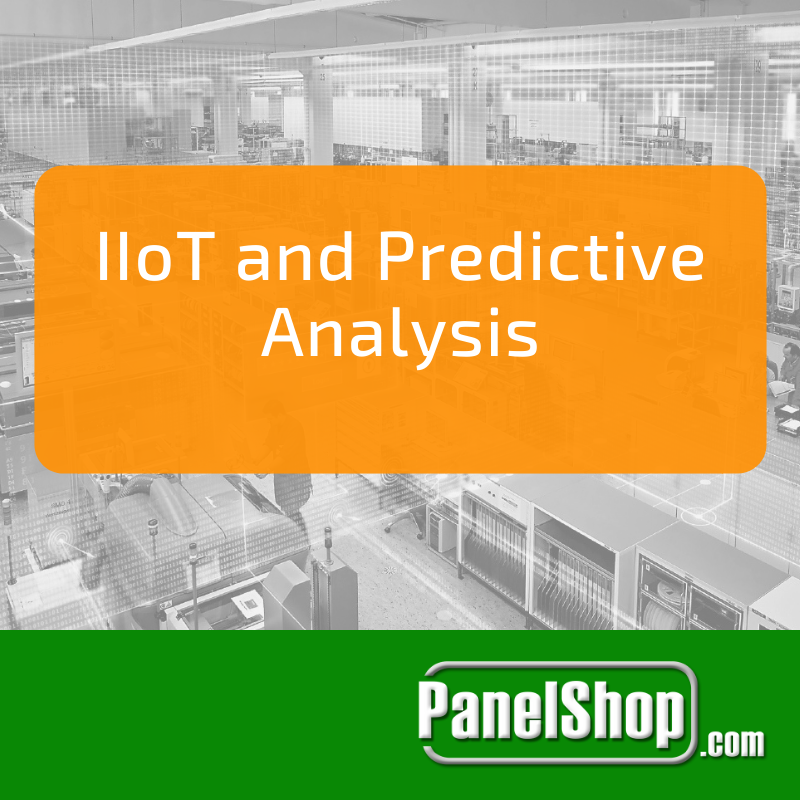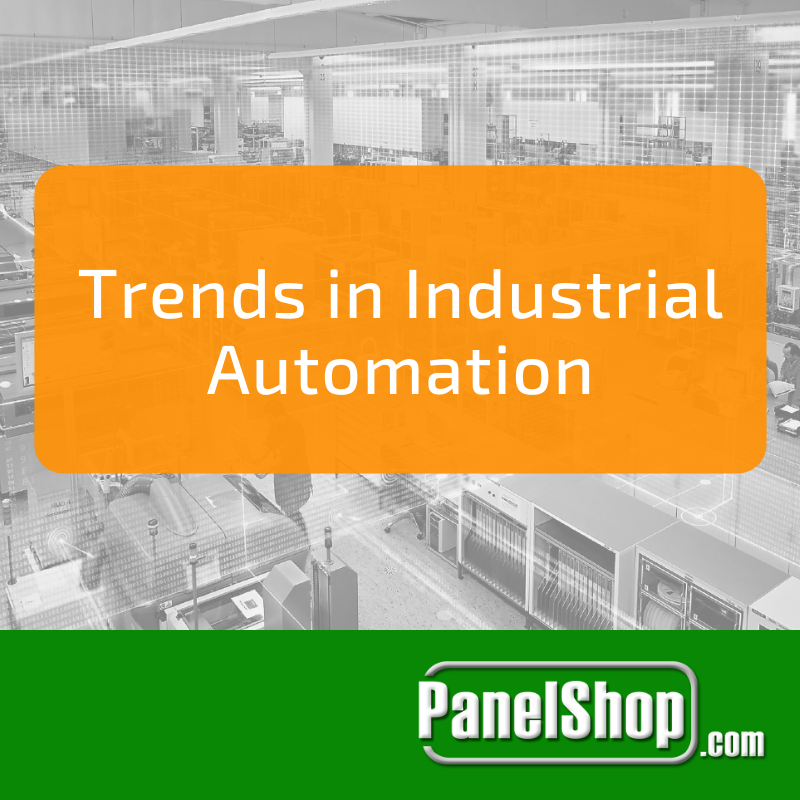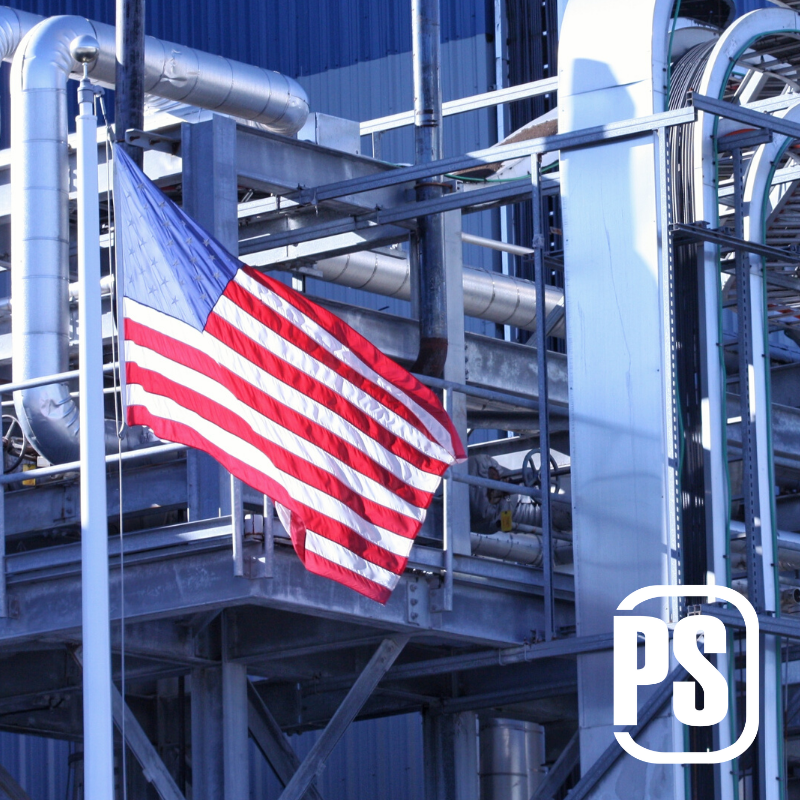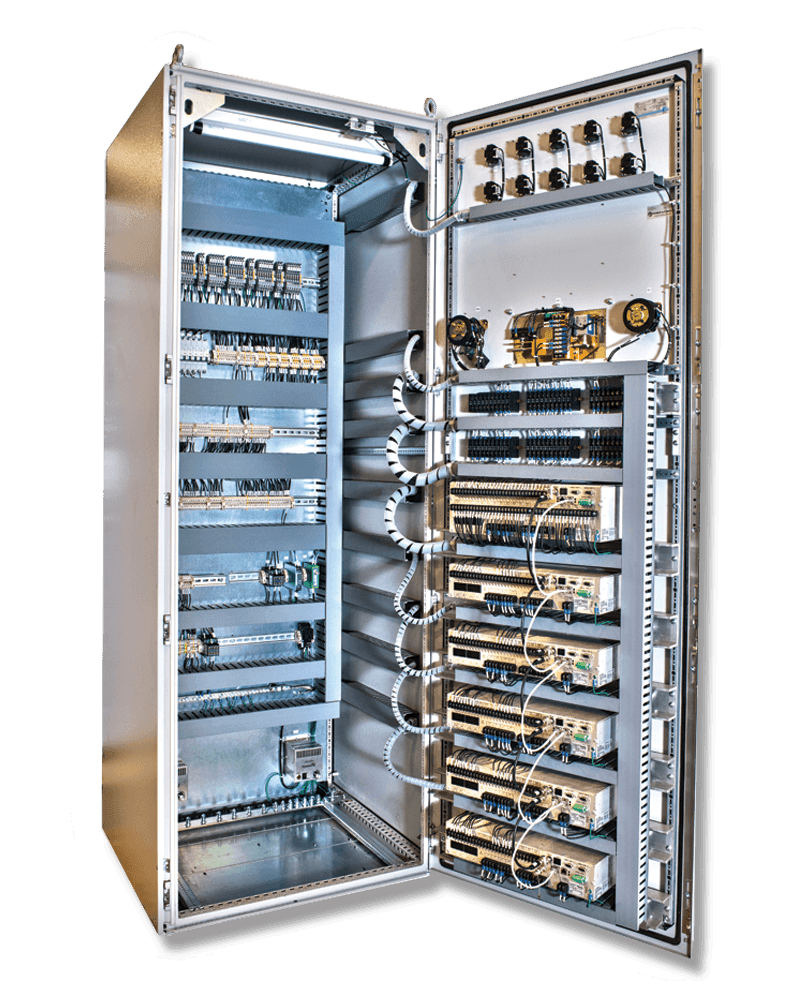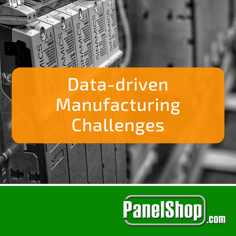 Modern concepts & technologies including Internet of Things (IoT), Industry 4.0 & Smart Factory are upon us. Consumers & enterprises are moving towards devices that would enable them to use these technologies, and compete in a tighter market. But what exactly sits at the core of all these technologies, and what exactly drives them to increase industrial throughput? The answer is simple: Data.
Modern concepts & technologies including Internet of Things (IoT), Industry 4.0 & Smart Factory are upon us. Consumers & enterprises are moving towards devices that would enable them to use these technologies, and compete in a tighter market. But what exactly sits at the core of all these technologies, and what exactly drives them to increase industrial throughput? The answer is simple: Data.
Data is all around us, and the capture & analysis of this data can lead to a great deal of automation & intelligence. In a manufacturing environment, the insights gained from data can allow plants to raise their efficiencies and be more productive. We are currently in the midst of the fourth industrial revolution, which is characterized by internet-connected devices.
Industrial manufacturing processes are already creating a huge amount of data as more devices are being interconnected. This has enabled new business models & practices to be developed, thus transforming the global manufacturing playing field. The benefits reaped aren’t limited to the plant floor but go way beyond.
The Mass-customization Model
Mass production is what keeps a manufacturing industry profitable. However, there has been an increased trend in customized products as it appeals more to the customer & fits the requirements better. Industrial IoT has made mass customization of products & services a feasible way forward.
There have been several attempts in the past by organizations to accomplish this mass-customization model, but the technology didn’t exist to support this transformation. Today, the scene is much different. Manufacturers are slowly side stepping from the mass-production model and moving towards the mass-customization one without worrying about overly inflating costs. Today’s manufacturing systems can produce make-to-order products that are personalized, giving them a huge edge over the competition.
It is to be noted that in the manufacturing industry, creating branded or personalized items isn’t enough. Organizations that produce a wide range of unique products must also create automation processes, machines and systems that are well-integrated with the corporate side of things. This would give them the flexibility & robustness required to understand the market, and cater for specific demands.
This essentially means that manufacturers must move beyond a central process control system that communicates with assets in the factory to a model where each asset works independently, communicating with other assets when necessary, without going through the central system. By combining the business model shift with the data collected from machines, manufacturers can empower a factory to optimize its production & efficiency on a distributed scale. In a nutshell, the plant’s assets become “smart”.
Building the Smart Factory
Moving away from centrally orchestrated processes to more distributed ones has enhanced the analytical capabilities of devices and made way for new models of manufacturing. When the machines/assets of a factory communicate independently, at their own discretion, they enunciate a great level of flexibility for products & services.
This "smartness" for instance can be achieved by adding smart objects to the plant allowing facility managers to develop digital models of their assets within a virtual environment. These smart objects would now hold the ability to access different data sources and attain information available on different devices. Combining this data-mix gives machines deeper insights into their performance.
It is also vital to hold connectivity & accessibility with smart objects. Without having a reliable level of connectivity, it would be extremely difficult to tap into the framework of a factory, making it difficult to gain deeper insights into the machines’ workings. Therefore, it is essential that a fully connected network be made right from the field to the enterprise that collects insights from all blocks ranging from power to building management to process.
Collecting data and generating insights isn’t the extent of a smart factory though. To truly be considered a Smart Factory, the facility must also generate intelligence from its smart assets. This would allow plant managers to move away from conventional automation process to more intelligent, autonomous decision-making ones. In this way, a plant’s intelligence would help evolve from managing production targets to managing profit performance.



